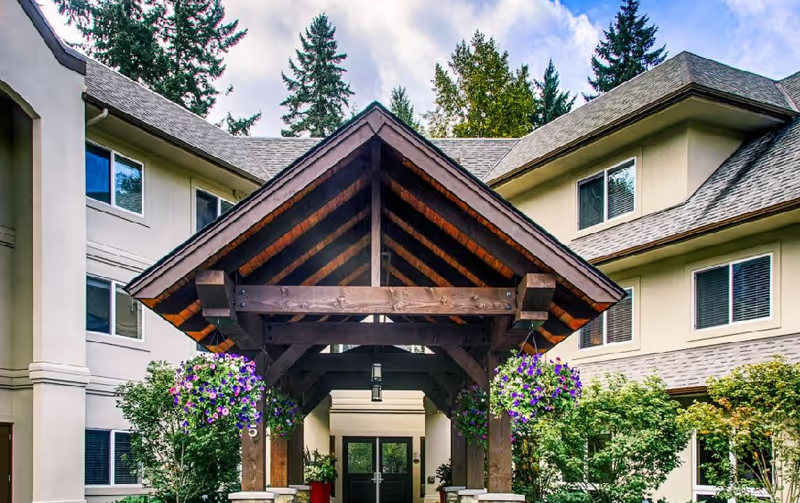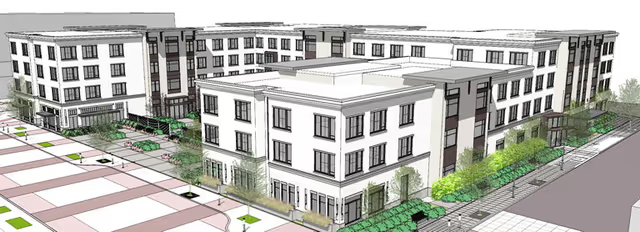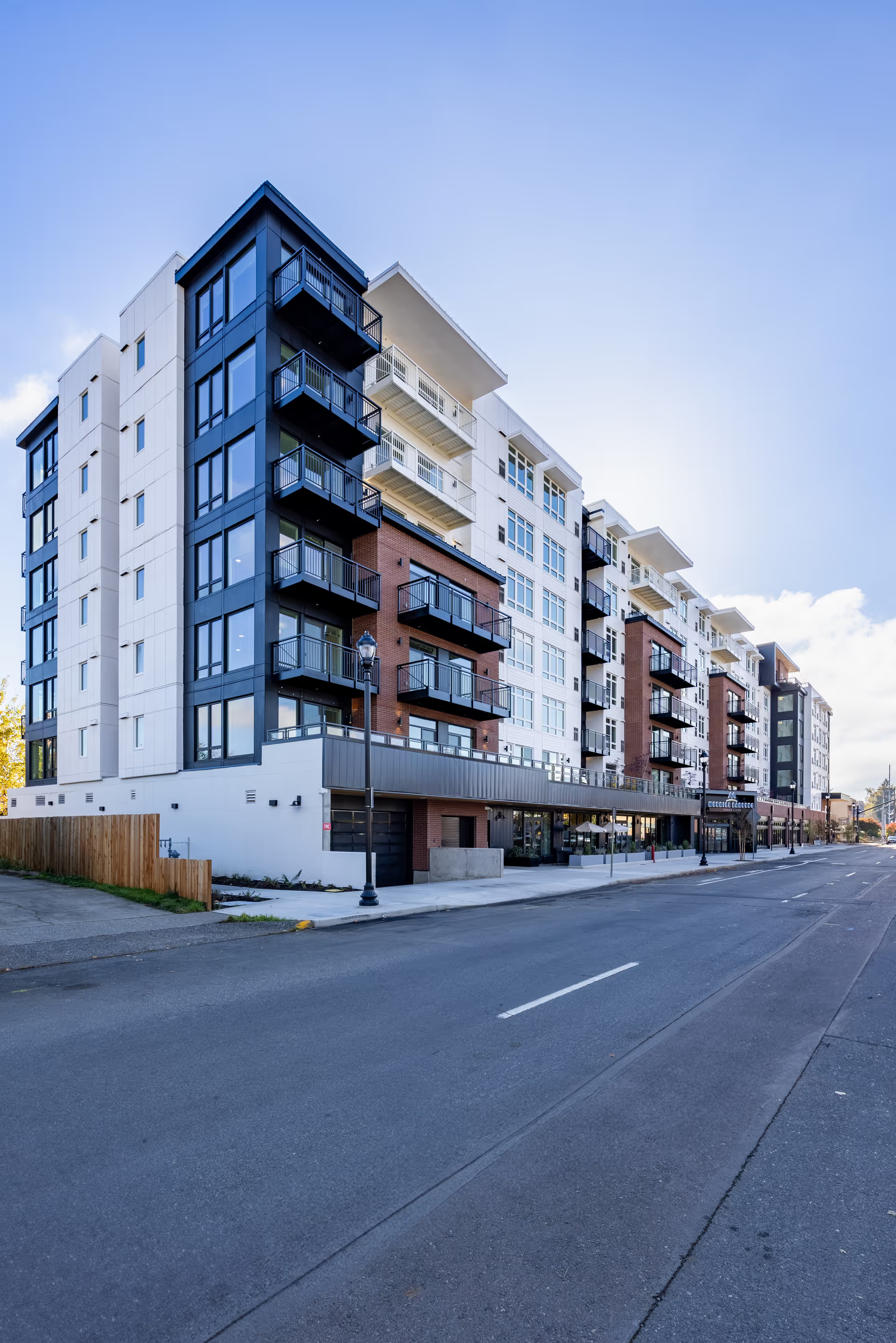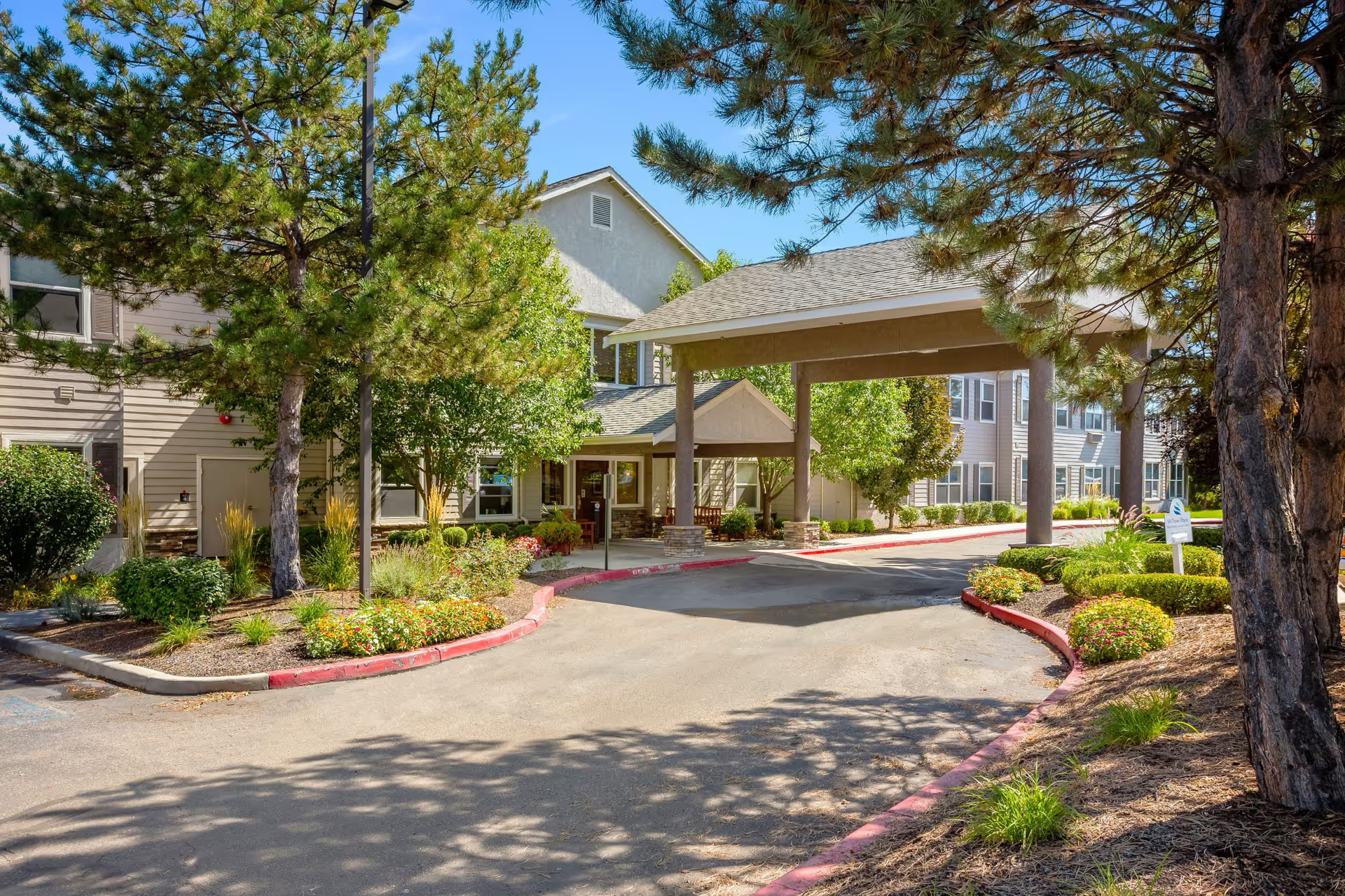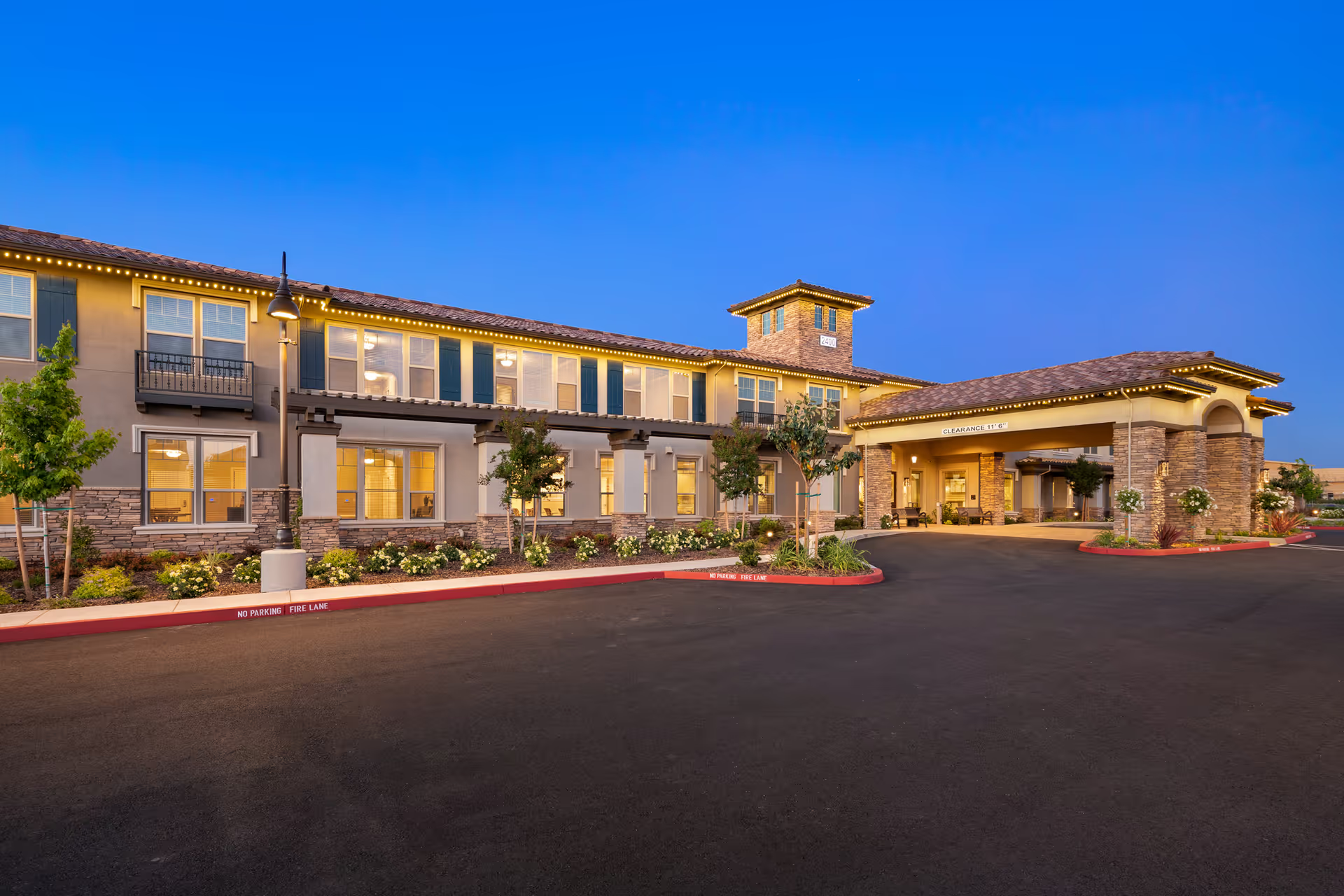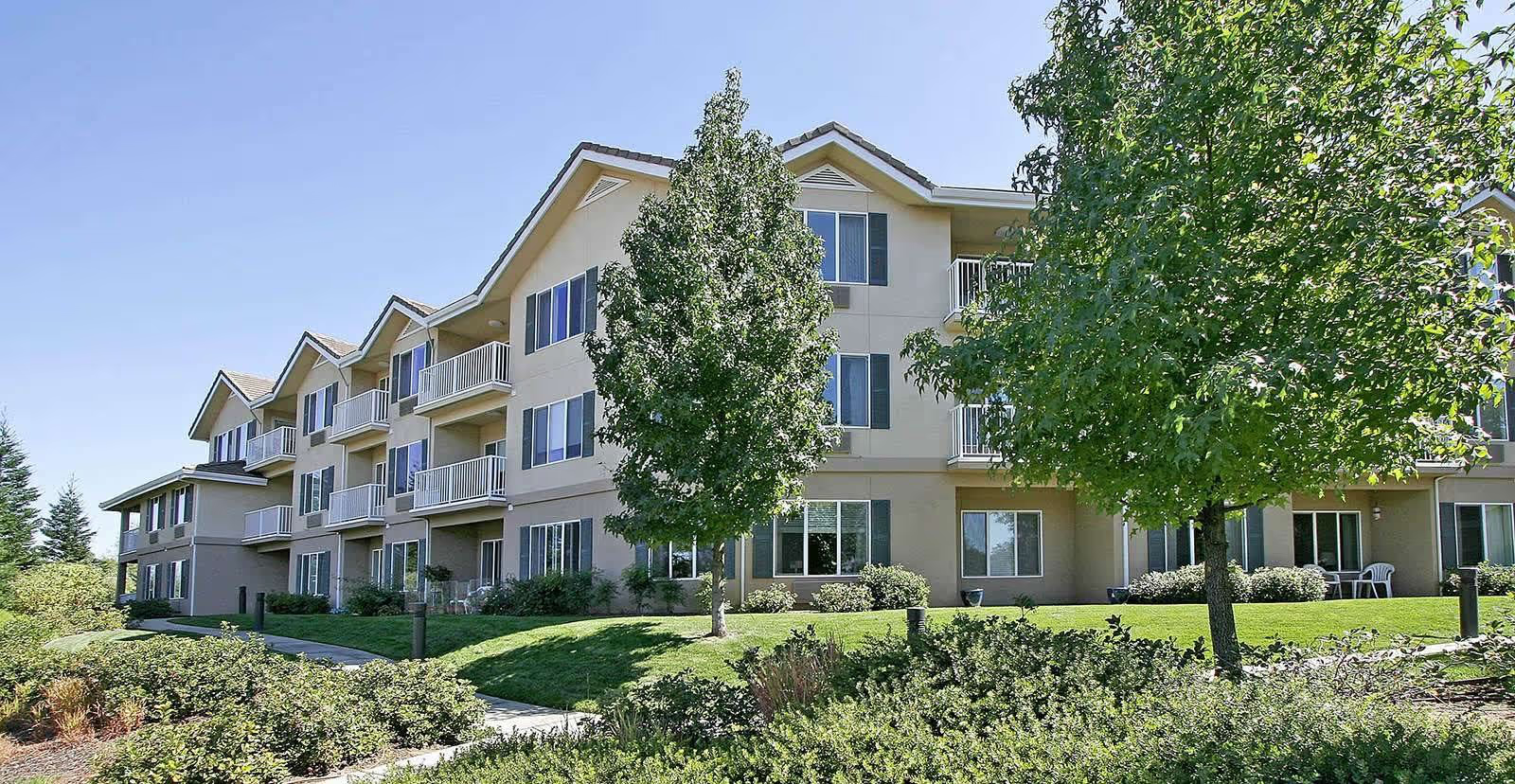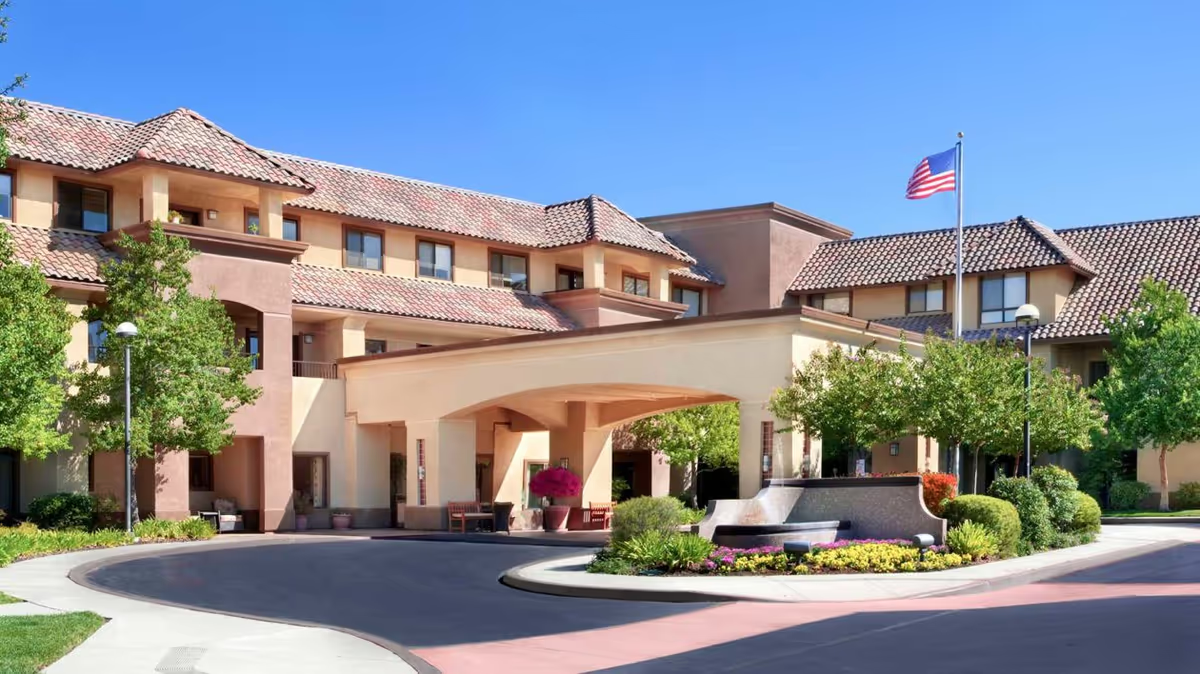Overall sentiment across the reviews is predominantly positive about the frontline caregiving, the physical environment, and the sense of safety and community, with several recurring areas of concern around dining quality, communication, responsiveness, and cost.
Care quality and staff: The most consistent praise centers on the staff — caregivers, nurses, activities personnel, and front-desk teams are repeatedly described as kind, patient, respectful, and attentive. Multiple reviewers explicitly call out outstanding end-of-life care, compassionate hospice coordination, and individualized or Concierge Care that made families feel relief and peace of mind. Activity staff, music therapists, and program enrichment receive high marks (for example, daily music & movement and well-organized activities), which supports residents’ quality of life and social engagement. Several reviews also highlight small-community dynamics and strong teamwork among staff, which contributes to a family-like atmosphere.
Facilities and location: The building itself is frequently described as clean, new, upscale, and beautifully maintained. Notable features include an attractive sports-themed pub area, a cozy outdoor space, and an overall elegant, homey ambiance. The Queen Anne location is repeatedly cited as convenient and scenic, with proximity to amenities and vantage points like Kerry Park. These physical attributes are a major draw and are often paired with comments about good upkeep and tasteful design.
Dining and food services: Dining emerges as a mixed-to-negative theme. While some reviewers report that meals are fine or breakfast is enjoyable, others criticize the food as canned, tasteless, and lacking freshness—specifically noting a need for more fresh fish, vegetables, and fruit. Several reviews mention operational issues in dining service (insufficient servers and cooks, long waits), indicating inconsistent meal experiences across residents and shifts. Given how often food quality is mentioned, this is a notable area for improvement.
Communication, management, and responsiveness: Reviews present a clear split on management and administrative responsiveness. Some families praise accessible, responsive leadership and clear pricing; other reviews accuse management of being profit-driven, unresponsive to emails and calls, and failing to notify families about hospitalizations or serious incidents. Slow call-bell response and concerns about emergency responsiveness appear repeatedly and are among the most serious operational criticisms — these affect perceived safety even when day-to-day caregiving is praised. Additionally, a subset of reviewers report high staff turnover and what they characterize as disorganized or embarrassing management practices.
Cost and perceived value: Cost is a recurring concern. Many reviewers call the community expensive and note high monthly charges. At the same time, several families explicitly say the cost is worth it given the quality of care and facility. This split suggests perceived value varies by family priorities: those who prioritize top-tier caregiving, activities, and location often feel satisfied despite price, whereas others who experience management or service lapses feel the fees are not justified.
Safety, COVID response, and procedures: The community’s COVID safety measures and updates were singled out positively in multiple summaries, indicating proactive infection control and communication at least during that period. Combined with reports of daily care checks and an organized activities calendar, many reviewers felt residents were kept safe and supported. However, the recurring concerns about slow emergency response and occasional communication breakdowns temper that overall sense of safety for some families.
Patterns and recommendations: In synthesis, Aegis Living Queen Anne Galer is frequently praised for its compassionate, engaged caregivers, high-quality activities programming, and attractive, well-kept facility in an excellent location. The strongest positives are human: staff warmth, tailored care, and meaningful programming. The primary areas to investigate or address are dining quality and consistency, administrative communication and follow-through (especially around hospitalizations and critical notifications), response times to call bells and emergencies, and transparency around staffing/turnover. Potential residents and families should weigh the premium cost against the strong caregiving and location benefits, and during tours ask specific questions and request documentation about emergency response protocols, recent staffing stability, sample menus with fresh options, and channels for timely family communication.
